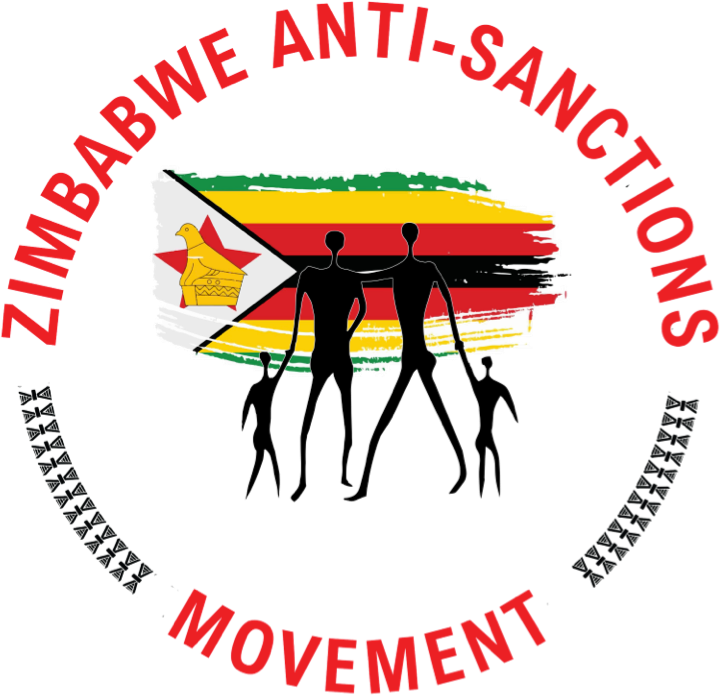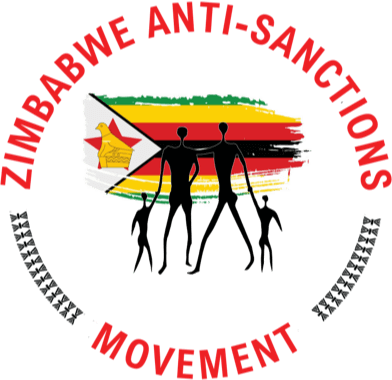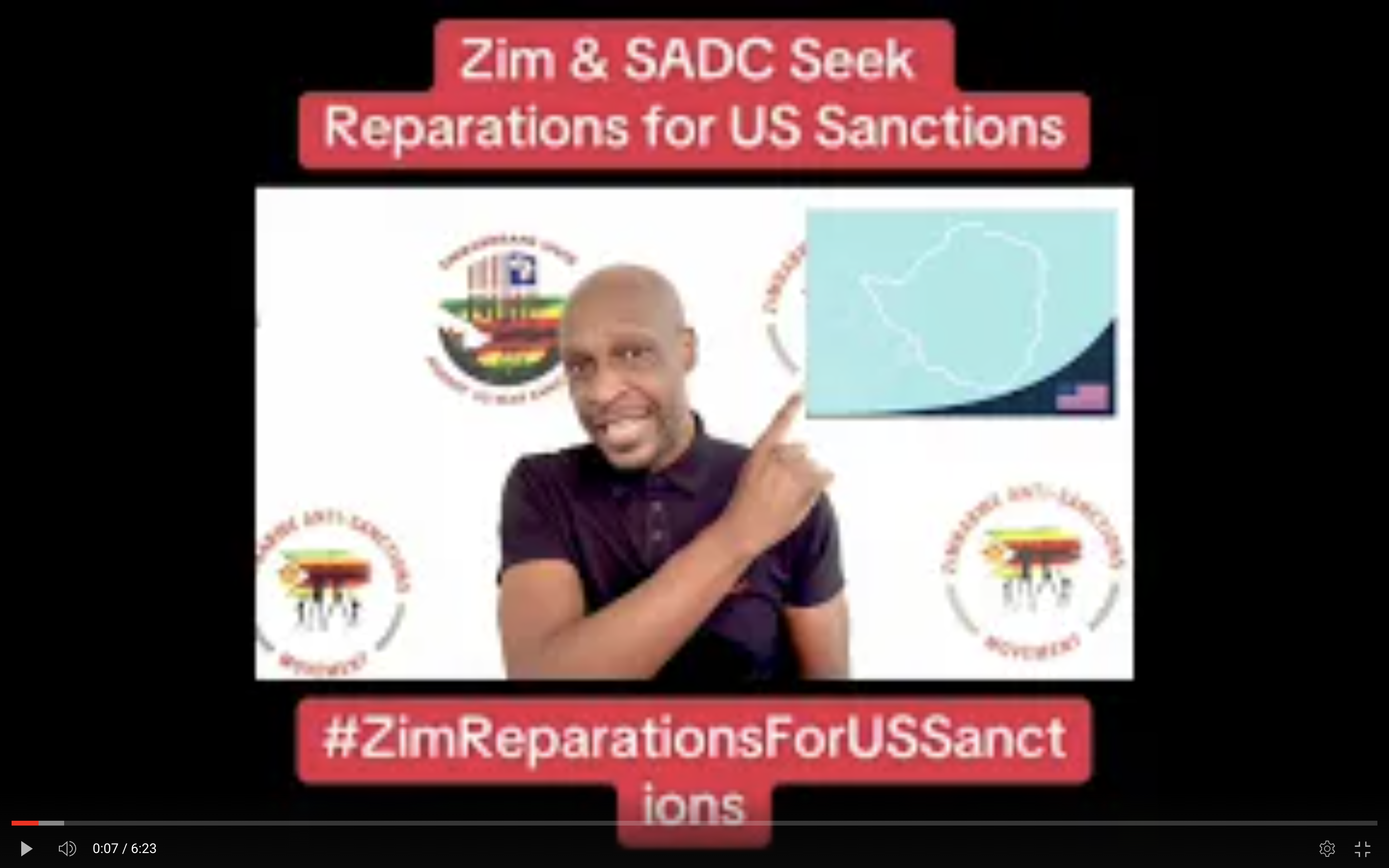After 23 years of suffering under illegal US and western sanctions, Zimbabwe and SADC will be seeking reparations for the harm caused by the Zimbabwe Sanctions Program upon Zimbabweans and members of the SADC region.
This sanctions program was regulated by 31 Code Federal Regulations 541 which gave legal basis for the imposition of EO13469, EO13391 and EO13288 sanctions upon 16 million Zimbabweans. The sanctions themselves were sparked by declaration of the National Emergency Act upon the country three times between 2003 and 2008. From there the country was then hit by the International Emergency Economic Powers Act which prohibited anyone from anywhere in the world (who wanted to do business with or in the United States) from making payment clearances, lending money, giving loans, giving logistical support, technology, software, services or material assistance to the Zimbabwean government, its parastatals, local governments, ministries, anyone who did business with them or any Zimbabwe, without license from the U.S. Secretary of State or OFAC.
Ultimately, the Zimbabwe Sanctions Program regulations 31 CFR 541 prohibited entities from across the world from doing business with the government of Zimbabwe and any Zimbabwean without a license from the US Secretary of State or OFAC.
Those who ignored these restrictions risked financial penalties, criminal prosecution, asset blocking or confiscation, secondary sanctions, or all of the above. Even those who provided humanitarian assistance like NGOs, funders or wellwishers were prohibited from giving more than $50 000 without approval of the U.S. government or they faced these penalties. As a result, all companies, from those selling medical equipment, banks, lenders, investors, manufacturers, software companies, and app manufacturers prohibited doing business with anyone under U.S. sanctions internationally. Thusly, they overcomplied with the sanctions and implemented secondary sanctions on all Zimbabweans alongside citizens of other sanctioned countries.
This led to a crime against humanity and a gross violation of human rights in Zimbabwe as Zimbabweans were systematically deprived of services, including food, water, healthcare, education, social services, economic development, products, humanitarian assistance and enjoyment of basic human rights.
In May, 2021, on the agitation of ZASM, the US Congress Subcommittee on Human Rights conducted a human rights impact assessment for the first time in 21 years of Zimbabwean sanctions. This culminated in a report to Congress and President Biden. The report advised that the executive order sanctions on Zimbabwe were hurting innocent civilians and depriving them of healthcare and basic human rights. It went further to recommend removing the executive order sanctions from Zimbabwe, as they were persecuting 16 million Zimbabweans.
On April 4, 2024, President Biden revoked the national emergencies and executive orders EO13288, EO13391, EO13469 and IEEPA. A week later he would also revoke 31 Code Federal Regulations 541 that administered the Zimbabwe Sanctions Program. This designation, the Zimbabwe Sanctions Program, clearly illustrates that these executive order sanctions were targeted on Zimbabweans specifically and in particular.
While we appreciate Congress’s actions and President Biden’s empathy and cooperation, we still believe that the sanctions were illegal and the American government must repair the damage their illegal and inhumane measures caused.
It is for such gross human rights violations, the the ICJ mandates reparations for gross human rights violations. And it’s clear that the sanctions on Zimbabwe, which lost Zimbabweans over 1.3 million lives due to a lack of access to clean water, emergency services, medicines, medical staff, healthcare and food, were gross human rights violations, if not crimes against humanity. These violations also displaced another 3 million people into being refugees, separated from their families in pursuit of survival.
For this reason, Zimbabweans have every right to seek reparations from the senders of these illegal unilateral coercive measures that destroyed lives, divided families and scattered Zimbabweans across the globe. Many a psychological problem has emanated from these sanctions and today Zimbabweans struggle to foster nationhood or unity. Some indexes have placed Zimbabweans as some of the most unhappiest people in the world as result of the displacement, separation and economic hardships that have plagued the country since these illegal sanctions.
As a means to pursue these reparations, Zimbabweans are uniting with other SADC nations affected by sanctions on Zimbabwe, international legal firms and humanitarian groups to pursue these reparations through multilateral fora and international courts.
#ZimReparationsForSanctions




